In today’s fraught political and social environment, many have turned to literature as a refuge. But books are not always a place to hide from reality. Each of the works on the Aspen Words Literary Prize longlist addresses a vital contemporary issue head-on. Instead of sheltering readers from injustice the books give us context, helping us understand an increasingly complex world. We spoke to a group of writers on how they view their role in this moment.
David Chariandy, author of Brother
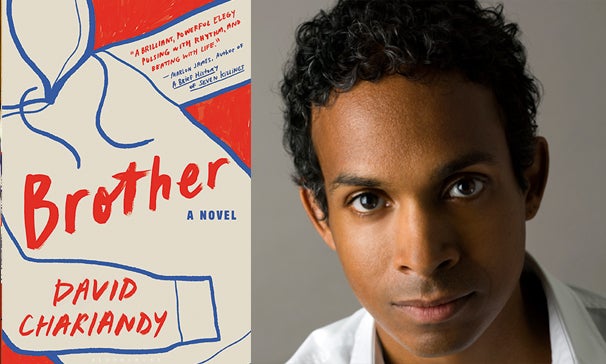
I think my role is to attempt to make good and relevant art. I do consider this cultural and political moment one of profound urgency. The loud and powerful continue to obscure the complex and difficult truths of life, particularly the brutal hardships and enduring beauty of the disenfranchised. My role is to reveal what others wish to conceal and to voice more meaningful stories than the ones deafeningly amplified around us.
Nana Kwame Adjei-Brenyah, author of Friday Black
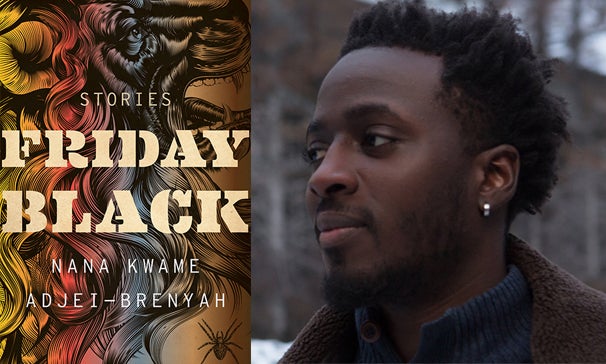
I think of myself as someone who has something to say, and part of what I have to say is that people like me aren’t often given enough space to say what they need, or often they aren’t amplified so anyone can hear it. I think of myself as an advocate of human compassion and a writer that uses fiction as a way to point out the absurd ways humans dehumanize each other. I also think my work tries to remind readers that just being you, exactly as you wish to be, is always enough.
Sharon Bala, author of The Boat People
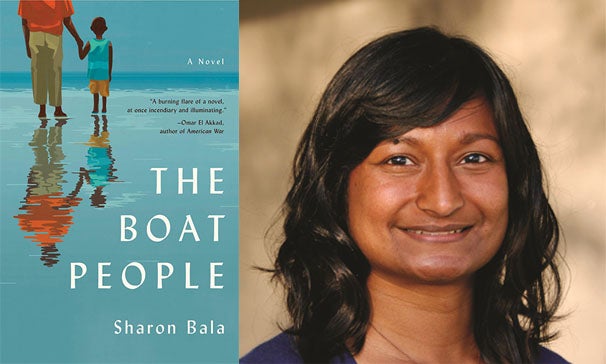
In dark times, the human instinct is to look away, bury our heads in the sand. But as writers, it’s our job not to avoid the darkness, but to walk toward it instead, with our magnifying glasses and notebooks. To dwell inside those difficult places for months and years, thinking deeply about how the past relates to the present and then translating what we find onto the page in such a way that readers will be compelled to look too and, more importantly, to think.
Jamel Brinkley, author of A Lucky Man
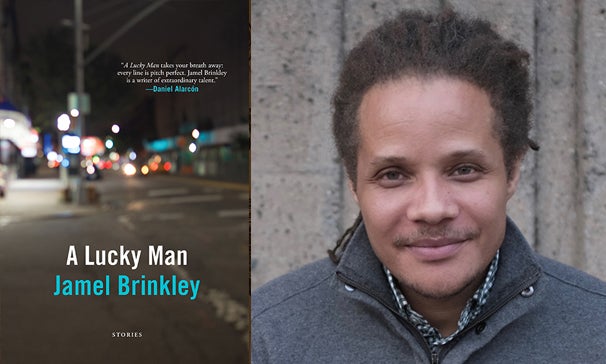
The discourse in this country, especially its political discourse, is poisoned by willfully harmful, willfully dishonest language. Such language (and the actions that go along with it) targets the most vulnerable among us. So, I see my role as trying as best I can—which means imperfectly—to write with imagination, creativity, love, and a commitment to telling the truth about human beings.
R. O. Kwon, author of The Incendiaries
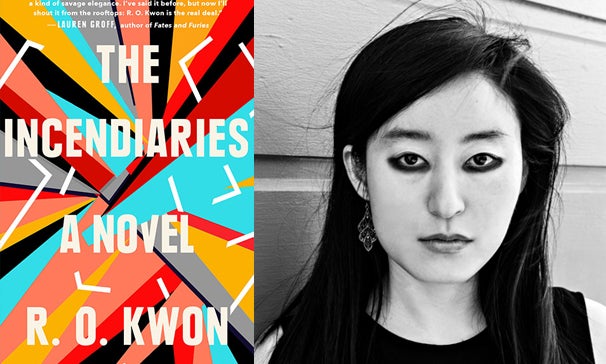
I didn’t start reading Korean American writers until after college, which means that, until I graduated from college, I passionately loved an art form in which I didn’t exist. It’s a profound joy and privilege to write as a Korean American woman, especially as marginalized voices are being shut down, despised, and ignored. This is also part of why in my reviews and essays it’s important to me that I help lift up others’ marginalized voices and experiences.
Gaël Faye, author of Small Country
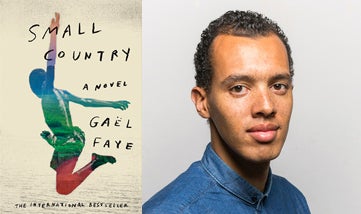
In a world in which everything is moving faster and faster, the writer is the one who has to slow down. Writers and artists are those who have to step back. Reading has the same function, it’s a downtime. As a writer, I try to translate silence into words, I write to understand myself and the world which I live in.
Tayari Jones, author of An American Marriage
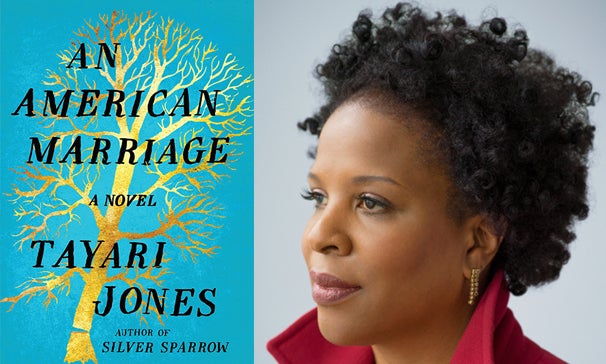
My understanding of my role as a writer has not changed in response to this moment because I am of the belief that artists should always be working to show us new ways to think and to further us as we march toward justice and equality. The current political moment is particularly harrowing, to be sure, but before this moment, there was still work to do. We mustn’t become nostalgic for the recent past. Don’t let the current moment lower the bar for what we imagine our future can be.


